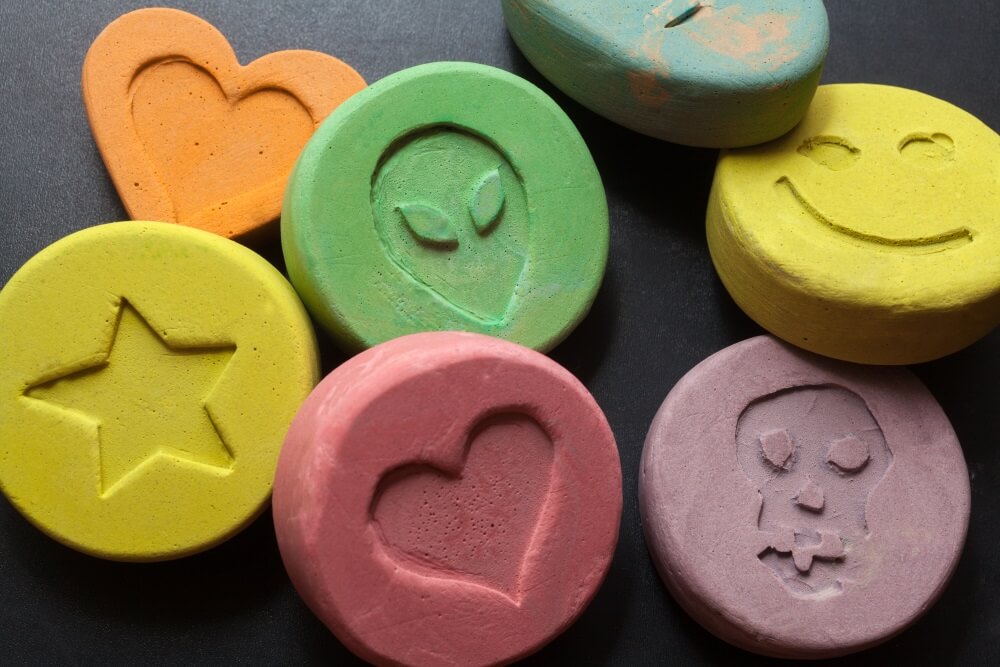Magic mushrooms, Lysergic Acid Diethylamide (LSD) and other psychedelic drugs have long been a part of American counterculture. Ever since the Swedish chemist Albert Hoffman ‘discovered’ LSD in 1943, the substance has been both revered and reviled, depending on who you talk to.
And, as for magic mushrooms, they’ve been used for thousands of years by indigenous peoples of South America, as part of sacred healing rituals. So, why is there a newfound fascination with these drugs, with headlines being made across the country?
Well, as it turns out, these drugs could have benefits in the areas of depression and other mental health treatments.
A Startling Revelation
In some clinical trials, it is being suggested that psilocybin, the active ingredient in magic mushrooms, could hold the potential to seriously alleviate symptoms associated with Major Depressive Disorder (MDD) and other treatment-resistant forms of depression. But, because of the strict illegality of magic mushrooms in the United States, research on this compound has been seriously hampered.
Some very active proponents of psychedelics are looking to change this, though. In Denver, Colorado, for example, a new bill will be presented before legislators that would make possession of small amounts of magic mushrooms a civil infraction at best, removing the criminal penalty assignable for such an offense. Those who are pushing for the new law say that untold thousands of people would benefit from being able to use magic mushrooms in a controlled environment where they felt safe.
The idea is to start shifting our way of thinking about treating the mind. Since the 1980’s, the pharmaceutical options for depression treatments were relegated to very toxic drugs that came with a long list of side effects. These could include worsening of the depression symptoms themselves, something you don’t want happening if you’re taking these drugs.
Looking to the Future
One of the things to keep in mind while evaluating the potential use of psychedelics for the treatment of mental illnesses is that these drugs are not 100% safe. There are very real risks associated with them, and alternative medicine practitioners are doing all they can to communicate this to lawmakers.
They realize that with powerful chemicals comes a great responsibility to use them safely and effectively. It’s clear that more study needs to be done in order to fully vet them as usable in a clinical environment.
Perhaps, at some point in the future, depression patients will have an alternative to Zoloft, Prozac, and the myriad other antidepressant drugs that have only done a lackluster job of alleviating symptoms. Only time will tell.








